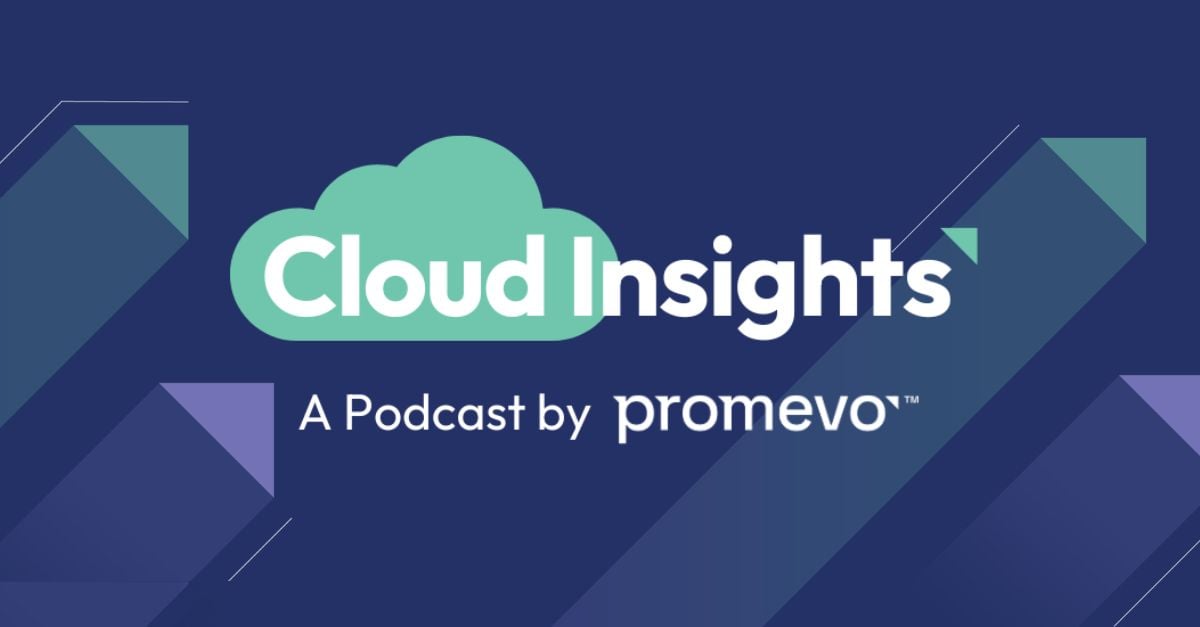4 min read
How Google Fuels Digital Transformation
Google and digital transformation are more than buzzwords. Both are equal necessities for businesses aiming to thrive in the digital age.
Are you torn between choosing Google's BigQuery or Snowflake for your data warehousing needs? It's a common dilemma.
BigQuery offers deep integration within the Google Cloud Platform, promising seamless analytics, while Snowflake boasts a unique architecture that provides flexibility across multiple clouds. But which one is right for your organization?
This guide will give you a comparison of BigQuery and Snowflake, an understanding of their different use cases and features, which one is the best bang for your buck, and ultimately which one is the right choice for your business.
BigQuery is a fully managed cloud data warehouse developed by Google that offers a significant advantage for businesses looking to analyze vast amounts of data at scale. It is serverless, meaning that it abstracts and manages the server infrastructure on behalf of the user, instead of requiring an actual physical server.
Because of this, scalability is virtually unmatched, allowing companies to store and analyze petabytes of data easily. The service is built to handle massive datasets and enables complex SQL queries to be run against this data, returning results at impressive speeds.
Since it is a part of the Google Cloud ecosystem, it is no surprise that BigQuery is straightforward and easy to use. Not only that, but it can integrate easily with just about any SaaS application. Saving time is one of the main priorities — and reasons to use BigQuery — as you can import data from various SaaS applications directly into the data warehouse.
A notable component of BigQuery is its machine learning integration, known as BigQuery ML. This gives you access to machine learning tools by allowing the use of standard SQL queries to build and execute models, making it possible for analysts with SQL knowledge to venture into the realm of predictive analytics without the need for specialized ML expertise.
Geospatial analysis is another powerful feature of BigQuery. In other words, it has native support for geographic data types and functions, so you can perform intricate geospatial data analyses directly within your SQL queries.
BigQuery is perfect for any use case requiring business intelligence, real-time analytics, and streaming data. It is particularly beneficial for organizations already vested in the Google Cloud ecosystem, as it integrates with other Google services.
As for cost, BigQuery pricing on Google Cloud is structured around a few key components: storage, querying, and streaming insertion of data. If your business isn’t raking in significant revenues just yet, you can stay on the free tier for much of the service’s capabilities.
Storage costs are based on the amount of data stored in BigQuery, with the first 10 GB per month being free. Query pricing is based on the number of bytes processed by each query, with the first 1 TB per month being free. The pricing model is designed to be simple and predictable, with no upfront costs or termination fees. You only pay for the resources you use.
Snowflake is a cloud-based data platform that provides a data warehouse-as-a-service. Snowflake's layered architecture is composed of storage, compute, and services. The storage layer manages data organization and metadata, the compute layer executes queries, and the cloud services layer coordinates all other activities.
What all of this means is that Snowflake's architecture is perfect for decoupling storage and compute, which allows for nearly unlimited compute scale and workload isolation. You get horizontal scalability and the ability to manage workloads more flexibly. Plus, the setup is designed to run on multiple cloud providers, including AWS, Azure, and GCP, and it supports a multi-tenant model over shared resources.
Similar to BigQuery, Snowflake enables data sharing, a helpful feature if you’re looking to collaborate or share live, ready-to-query data easily and securely. Other useful features include data cloning and time travel (no, not the kind of time travel you’re thinking).
Data cloning allows you to quickly clone databases, schemas, and tables for development or testing without impacting your production data. Time travel enables you to access historical data, providing the ability to query past states of data for auditing, recovery, or analytical purposes.
Pricing structure is similar to BigQuery, in that you have access to a basic free tier, and a sliding scale that lets you pay for what you need. Storage pricing starts at $23 per TB per month, while computing charges, based on virtual warehouse size, range from $2 to $4 per credit per hour. Data transfer costs will depend on the platform and region, which you can select on their pricing page to get an idea.
Now that you know a bit about each service, how should you choose the right one? You can narrow down your options by thinking about your company's needs, goals, and capabilities. Take the following into consideration.
Consider how well the solution can grow with your business. It should be able to handle increasing volumes of data and concurrent users without a drop in performance.
Assess the speed of query execution and the tool's ability to deliver real-time insights, especially when dealing with large datasets.
Examine the pricing model to ensure it aligns with your budget and operational costs. Consider both upfront and ongoing expenses, as well as the potential for hidden costs.
Make sure that whichever tool you pick can integrate easily with your existing data sources, applications, and systems.
Look at the track record and stability of the vendor, as well as the level of support they provide during and after implementation.
By now, you may be aware that Promevo is an expert when it comes to all things Google. And for good reason. The Google Cloud Platform is second to none in many areas, particularly those involving data. BigQuery, as a part of Google Cloud, offers a seamless integration with Promevo's expertise in Google products.
Promevo values tools that support sustained growth and prosperity. BigQuery's scalability and performance are in harmony with this philosophy, and Google isn’t showing any signs of slowing, making this a perfect solution for a long-term partnership.
Data-driven decisions are smart decisions. But in order to make those decisions, you need to harness a massive amount of data. BigQuery's serverless architecture and ability to handle large volumes of data without the need for managing infrastructure provide the agility that makes this possible.
Applied innovation is another crucial aspect. If you don’t adapt to change, you’ll get left in the dust as other businesses around you continue to innovate. BigQuery's continuous updates and improvements reflect the kind of innovation that Promevo aims to integrate into its custom solutions.
Both BigQuery and Snowflake offer viable solutions for compute, data, and analytics. As we’ve seen, BigQuery has plenty of advantages over Snowflake. Even so, you should look for guidance before jumping in.
Promevo is your expert in all things Google. With this knowledge, we can help you make the right move for your business, and leverage your data to adapt and innovate.
Contact us today to learn more about harnessing the full power of the Google Cloud Platform, and gaining real insights from your data with BigQuery.
Meet the Author
Promevo is a Google Premier Partner for Google Workspace, Google Cloud, and Google Chrome, specializing in helping businesses harness the power of Google and the opportunities of AI. From technical support and implementation to expert consulting and custom solutions like gPanel, we empower organizations to optimize operations and accelerate growth in the AI era.

4 min read
Google and digital transformation are more than buzzwords. Both are equal necessities for businesses aiming to thrive in the digital age.

8 min read
Fraud is a pervasive and costly issue for retail businesses worldwide, with billions lost every year due to increasingly sophisticated criminal...

3 min read
If you're a data engineer, application developer, systems architect, or security professional looking to stay ahead of the curve in the world of...